Extraction
Everything begins in Sierra Leone.
Orpall company is present at three large mine areas: the North (Kono – it is an area where one of the most big diamonds of more than 900 carats was found 5-6 years ago). A central area of Kenema is the most important mine of Orpall company having regard to the richness and the geographic scope of this zone where 19 people are engaged. And the last one is SEFADOU area which is situated close to the Liberian border. This zone is famous by its diamonds as well as by its coltan and titanium deposits that Orpall company intends to exploit in the near future.
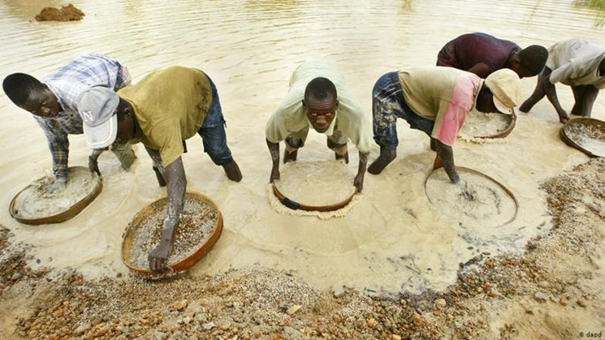
Our washing team at work
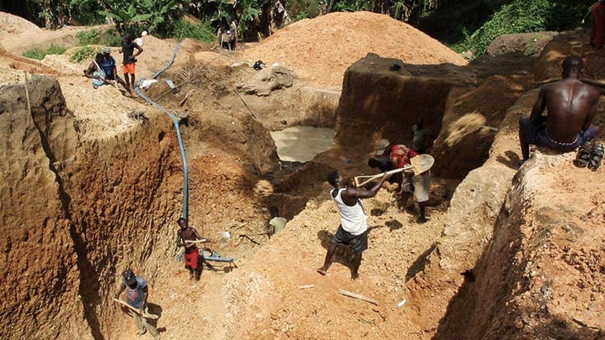
One of our operating sites
Environmental Charter
Orpall has signed an environmental charter with the Government of Sierra Leone garanteeing a commitment to the non-use of polluting products such as mercury during mining operations and the post-mining clean-up of the areas.
Extraction of Gold
Gold metallurgy is generally carried out in two stages: separating and concentrating the metal or the metal-containing compound, and reducing the ore to the metal. The method of separating is most frequently carried out by cyanidation and extraction by cementation or adsorption onto activated carbon.
In order to obtain a few grams of gold, the rocks must be drilled, extracted, crushed and sieved. Extraction is carried out by conventional methods. In order to extract tiny particles of gold, the extracted rock goes through several steps such as the gyratory crusher allowing to reduce the rocks into small stones. Then, the ore is sent to several circuits such as the gravimetric recovery circuit or the leaching circuit, a technique that allows extracting gold from the other constituents.
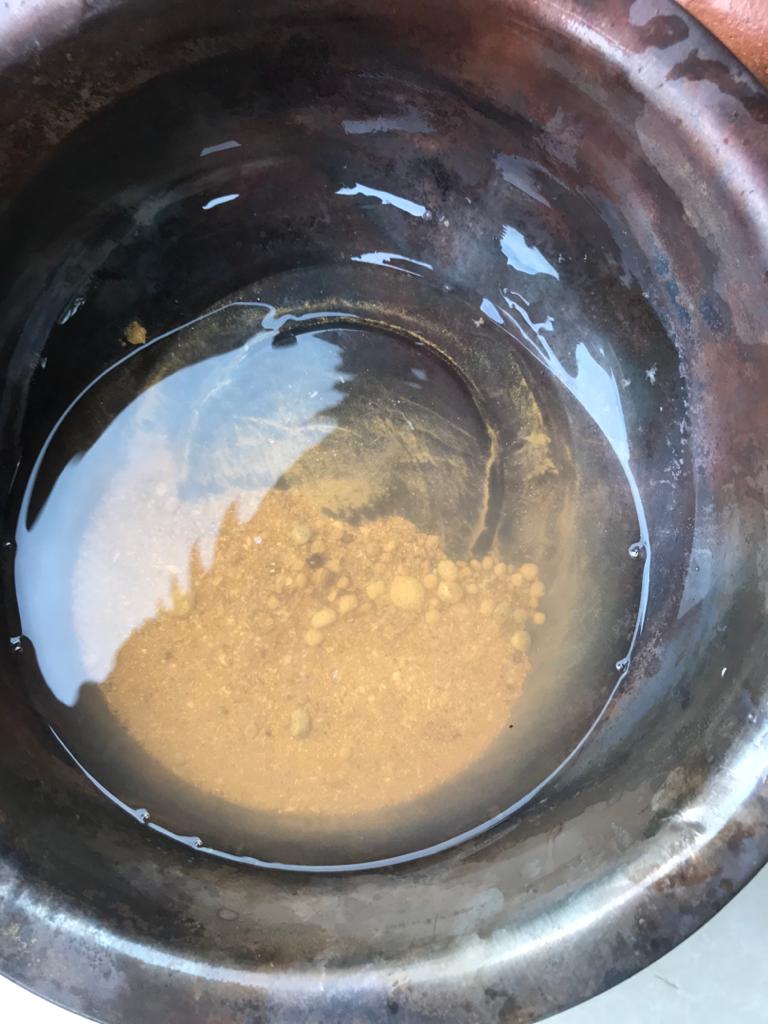
Raw gold in the process of cleaning
In our case, we mainly work on gold-mining zones.
Transformation
Once the extraction and the separation operations have been made, the gold is refined. The raw metal is purified in two ways. The first way of refining is the cheapest in the Miller process – refining impure gold with chlorine gas that allows 99.95% purification. Another process, Wohlwill’s, makes it possible to electrolyze the gold to achieve the highest purity (99.999%).
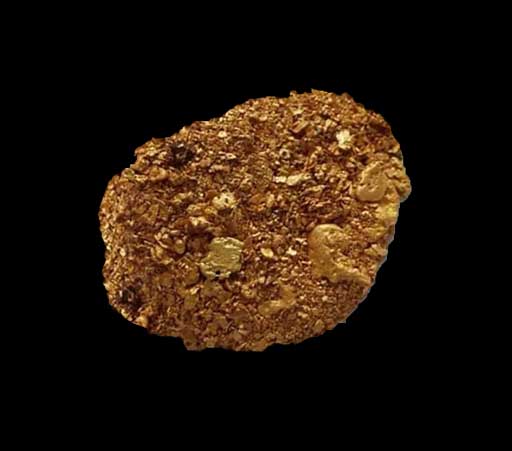
Raw gold after transformation
Extraction of diamonds
The classic way to extract valuable minerals is mining. There are two types of mines: open-cast mines and deep-bore mines. In open-cast mines, kimberlite pipes are used to extract the ore using very large trucks and powerful machines.
Alluvial deposits, material deposited by rivers.
In places where rivers once ran over kimberlite seams, diamonds can be sifted from the gravel using methods not so different than gold panning. These deposits can also be exploited industrially with large pumps that remove the gravel in which the gems are located. As for the artisanal treatment it is made with the most rudimentary sieves. This technique is used by local people of diamond regions, such as Sierra Leone, Brazil and several other countries.
Transformation
Before reaching the rough diamond, a treatment must be made to remove “the stone from the stone”. Several techniques can be used to achieve this purpose but 5 key steps will be followed:
- Crushing to break “the bark” or the stone surrounding the diamond. It is important not to break the diamond which is smaller by size and may lose its value.
- The sieving will separate different particles to keep only the ores containing the diamond.
- Washing will disaggregate sludge or mineral residues stuck to the diamond.
- The operation of concentration and enrichment is a more technical process that eliminates minerals and other wastes that could be attached to the precious stone.
- Finally, the diamond is recovered by diamond detection techniques manually or by X-ray.
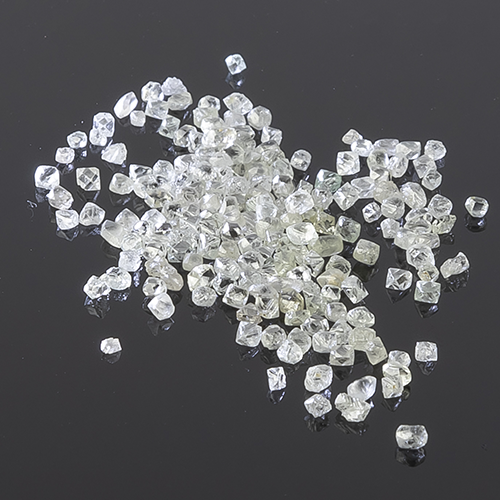
Rough diamonds
